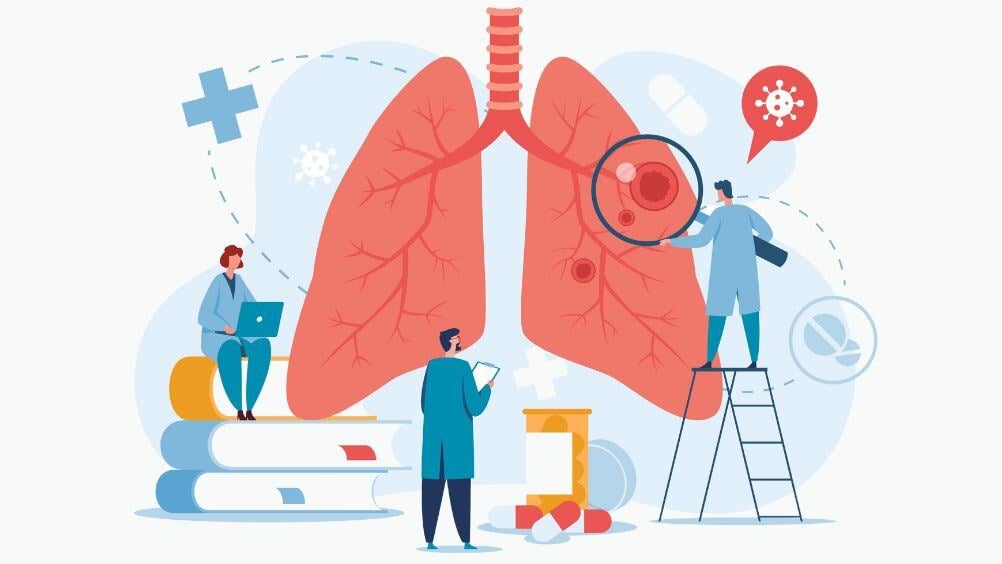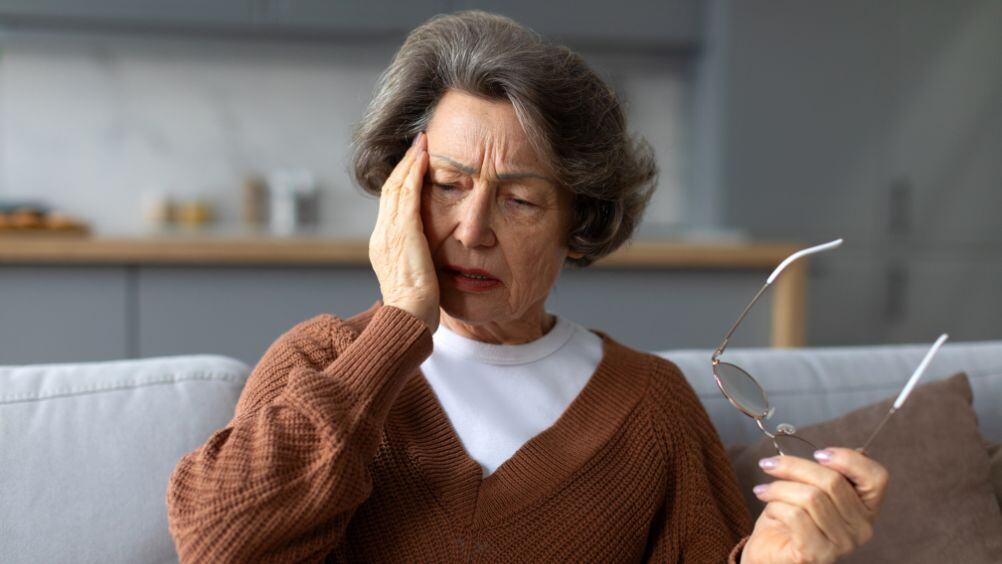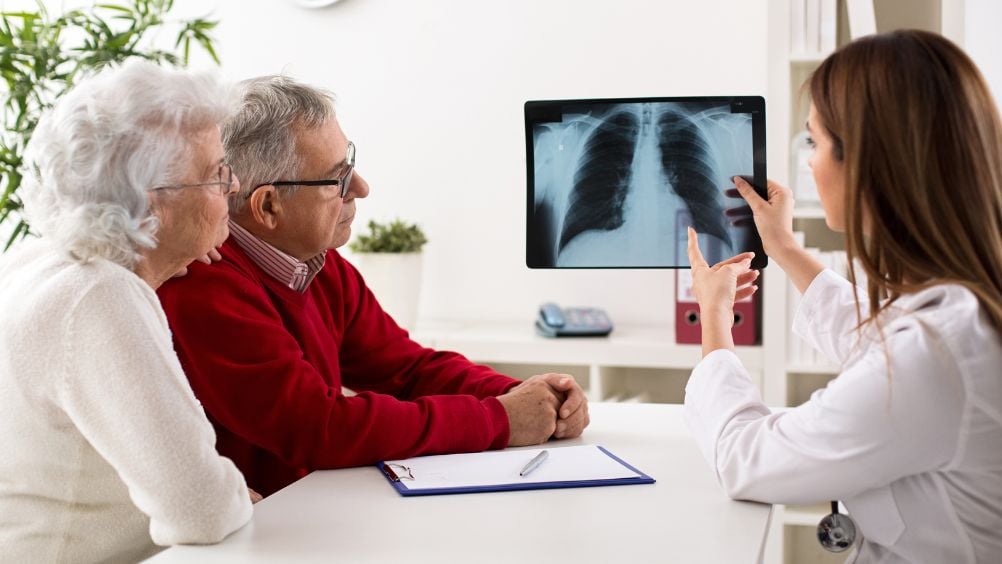As a young adult, Anne Gallagher knew there would be plenty of things she would have to deal with in her life. She never expected a lung cancer diagnosis to be one of them.
“I was 25, and it completely rocked my world and changed my future,” she says.
Anne’s diagnosis nearly 15 years ago reaffirmed her desire to help other patients through her work in oncology. Five years ago, she joined the staff as a patient navigator at Willamette Valley Cancer Institute and Research Center. She currently manages the cancer center’s support services and quality of patient care.
“The reality is that once you hear the words ‘You have cancer,’ your life has been changed. Physically, emotionally, the things that you hope for or fear for the future, you’re just different—and your family’s different,” Anne says.
The Changing Faces of Lung Cancer
Lung cancer is a disease in which the cells in lung tissue grow uncontrollably. The two main types of lung cancer are non-small cell lung cancer and small cell lung cancer. The types are based on the way the cells look under a microscope.
Lung cancer used to be thought of as a disease primarily impacting smokers, but that’s no longer accurate. Lung cancer is now being diagnosed in a growing number of young women who have never smoked, and doctors are at a loss to explain this worrisome trend. However, with tremendous advances in research, lung cancer patients have more hope than ever before.
Finding hope
Anne recently returned from the LUNGevity Hope Summit in Washington D.C.—the nation’s largest lung cancer conference—where she served as a guest speaker in patient discussions on survivorship issues and helping patients navigate the cancer care system.
When Anne first attended Hope Summit six years ago, she was one of just 50 survivors at the conference.
This year, more than 320 survivors were in attendance, a testament to the fact that more people are living longer because of tremendous advances in treatment. In just the last five years, 13 drugs have been approved to treat lung cancer.
“What’s really changed is that researchers are finding the mutations in lung cancer patients and developing targeted therapies for them. That’s broken open the field of lung cancer, and people are living much longer because of these targeted therapies,” Anne says.
Survivorship Support for Lung Cancer Survivors
A person is considered a cancer survivor from the moment of diagnosis. And with more lung cancer patients living longer, the need has grown for survivorship support.
“Going to Hope Summit, I realize how lucky we are in this community,” Anne says. “We have patient navigators here, to help patients through the cancer care system as seamlessly as possible. We have a social worker, we have nutrition counseling, we have support groups. We have local resources, like food programs and all sorts of local community resources that even some of the biggest cancer centers across the country don’t have.”
In addition, LUNGevity offers many online resources for lung cancer patients, which pairs lung cancer survivors with those newly diagnosed, to its Clinical Trials Ambassadors program, which makes it possible for people who have participated in a lung cancer clinical trial to offer encouragement to patients who are considering enrolling in a study.
“I’ve been a survivor now for nearly 15 years,” Anne says. “When I meet newly diagnosed patients, I see it as an opportunity to connect with them and let them know there is hope.”





